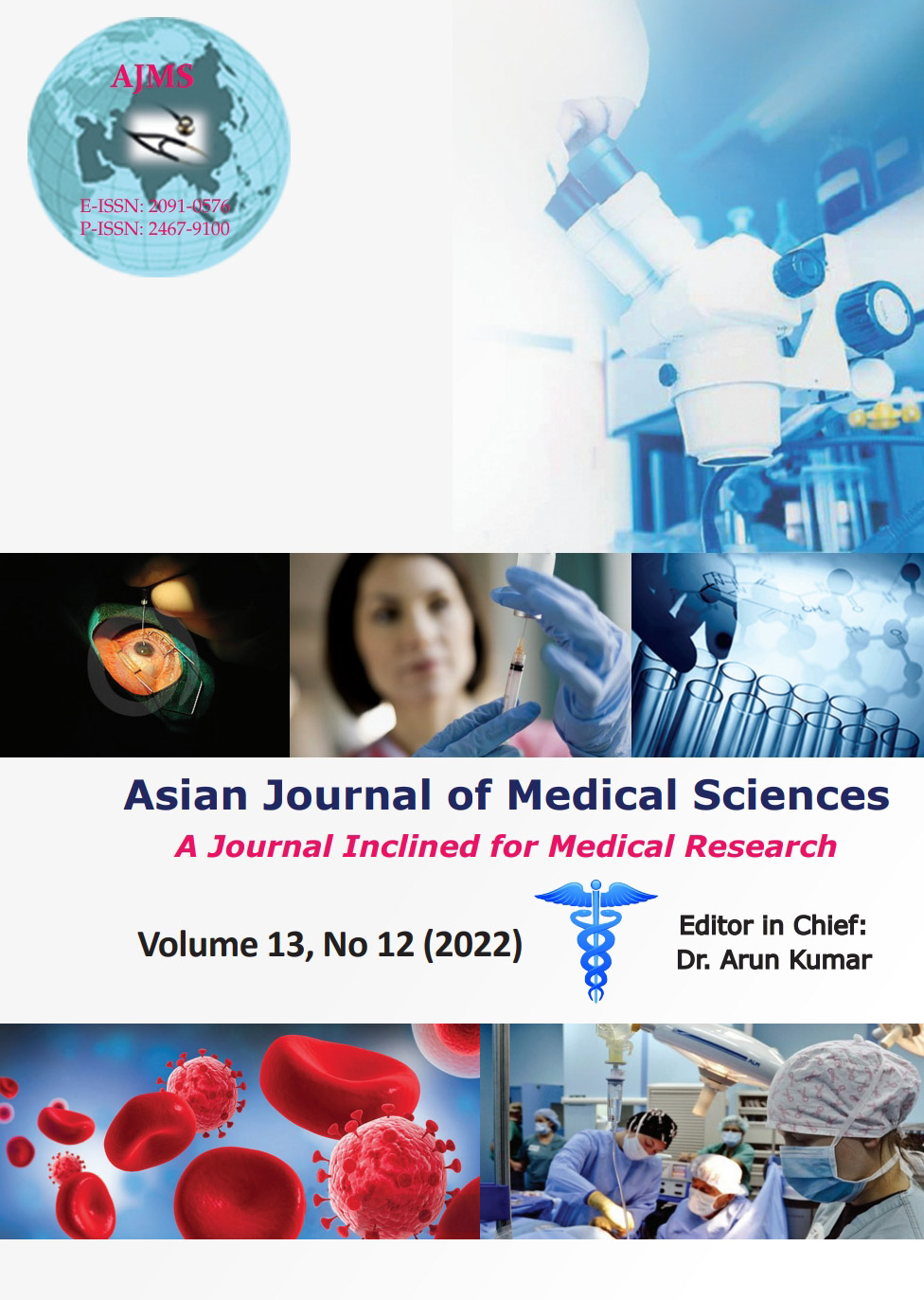A study of rural domestic helpers knowledge, attitude, and practice of COVID-19 in Mizoram, India
Keywords:
SARS-CoV-2; House maid; Education; LiteracyAbstract
Background: In times of an epidemic such as coronavirus disease 2019 (COVID-19), the public’s knowledge and attitude toward the disease affects the ability to abide to different preventive measures.
Aims and Objectives: (1) to assess the knowledge and awareness of the domestic helpers in a tribal population, (2) whether the domestic helpers practice appropriate preventative measures that are recommended by WHO.
Materials and Methods: This cross-sectional study was designed and carried out using questionnaire among rural domestic workers in Mizoram, above 14 years of age belonging to both Mizo and Non-Mizo ethnicity. Data were collected from 105 participants and analyzed through t-test, one-way analysis of variance and Pearson correlation analysis.
Results: Majority of the respondents had higher secondary level of education (78.1%) and 95.2% could identify COVID-19 as a communicable disease. Almost all the participants (97.1%) were afraid of infection and the majority (92.4%) had fear of dying with the disease. Three-fourth of the participants were working during the pandemic of which 44.8% had volunteered. Media (68.6%) was the most common source of information about the disease. The education level was significantly associated with knowledge and attitude scores whereas there were no significant differences with respect to the practice (P>0.05).
Conclusion: Our findings indicate an overall good KAP of the rural domestic workers. Since these workers move from house to house and also take care of the vulnerable, and that they themselves and the families, they work for may be at an increased risk of infection with COVID-19, these findings are important from a health campaign perspective.
Downloads
Downloads
Published
How to Cite
Issue
Section
License
Copyright (c) 2022 Asian Journal of Medical Sciences

This work is licensed under a Creative Commons Attribution-NonCommercial 4.0 International License.
Authors who publish with this journal agree to the following terms:
- The journal holds copyright and publishes the work under a Creative Commons CC-BY-NC license that permits use, distribution and reprduction in any medium, provided the original work is properly cited and is not used for commercial purposes. The journal should be recognised as the original publisher of this work.
- Authors are able to enter into separate, additional contractual arrangements for the non-exclusive distribution of the journal's published version of the work (e.g., post it to an institutional repository or publish it in a book), with an acknowledgement of its initial publication in this journal.
- Authors are permitted and encouraged to post their work online (e.g., in institutional repositories or on their website) prior to and during the submission process, as it can lead to productive exchanges, as well as earlier and greater citation of published work (See The Effect of Open Access).




